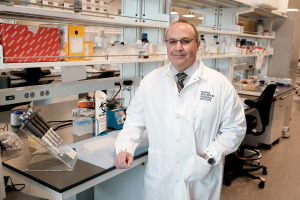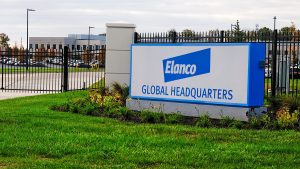Lilly starting new trial for COVID-19 antibody, potentially widening already red-hot market
Lilly said it will enroll up to 500,000 people in its latest study, with at least 5,000 people expected to receive bamlanivimab therapy. The drugmaker is partnering with health insurer UnitedHealth Group to see if the drug will help high-risk people.


